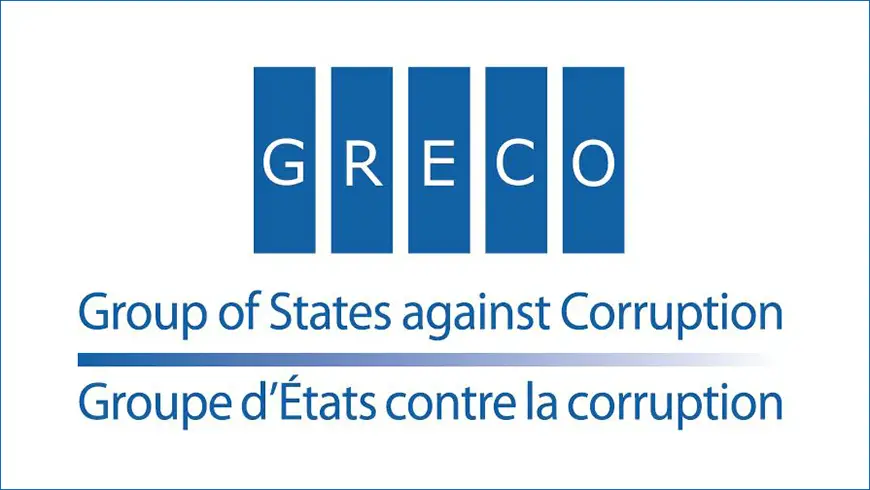According to GRECO’s latest statement concerning Croatia, of those 17 recommendations, eight recommendations have been partly implemented and nine have not been implemented.
Those recommendations were outlined in the Fifth Round Evaluation Report, adopted on December 2019 and made public in March 2020.
The Fifth Round Evaluation Report focused on top executive authorities and law enforcement agencies.
GRECO urges Croatia to step up efforts in prevention of corruption and in promotion of the integrity of persons with top executive functions (PTEFs).
Draft Law on Conflict of Interest Prevention appears to go in the right direction
GRECO also notes that “the draft Law on Conflict of Interest Prevention appears to go in the right direction in order to remedy a number of recommendations.”
“However, this draft Law was only recently submitted to Parliament for adoption. It foresees new mechanisms to increase the integrity of PTEFs, notably a mechanism for disclosing conflicts of interest, the annual reporting of assets and the provision of a cooling off period,” reads the statement.
The law “needs to be assessed in detail, once it has been adopted. Similarly, measures to increase the capacity of the Commission for the Resolution of Conflicts of Interest are noted and will be further assessed.”
“Concerning law enforcement agencies, it is to be welcomed that measures necessary for abandoning the practice of fines being paid in cash directly to police officers are underway and the launch of a corresponding pilot project in the traffic police are steps in the right direction.”
The inclusion of integrity as a mandatory subject in the initial and in-service training for police officers is also progress in the right direction, says GRECO.
It adds that “a revised code of ethics for the police, which should serve as the basis for police training throughout, is yet to be adopted, a comprehensive risk assessment of corruption prone areas in the police – on which the future code is to be premised, is to be carried out and possibilities to further improve appointment and promotion processes within the police, with a view to improving the objectivity and transparency of decisions, are to be further explored.”










